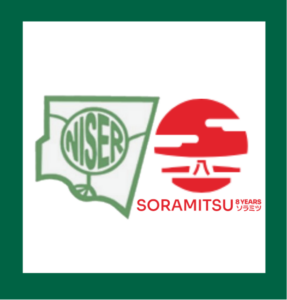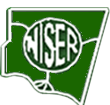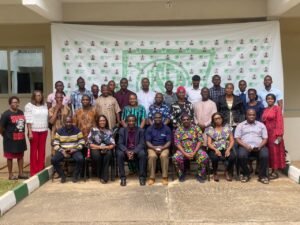NISER-NES Seminar on FGN 2025 Budget
February 20, 2025
No Comments

The Nigerian Institute of Social and Economic Research and The Nigerian Economic Society presents a one-day Seminar on the 2025 Budget of the Federal Republic of Nigeria.
THEME: Impact of 2025 Budget on Business and Economic Sectors
DATE: Thursday, March 6th, 2025
VENUE: Ijewere Hall, The Chartered Institute, 19 Adeola Hopewell Str, Victoria Island, Lagos, Lagos State.
TIME: 10.00 am (WAT)
GUEST SPEAKER: Dr. Muda Yusuf (CEO, CENTRE FOR THE PROMOTION OF PRIVATE ENTERPRISE [CPPE], Lagos)
PANEL MODERATOR: Dr. Faith A. Iyoha (Nigerian Economic Summit Group)
PANELISTS:
- Prof. Bongo Adi (Lagos Business School, Pan-Atlantic University, Lagos)
- Prof Salamatu Isah (Department of Economics, Ahmadu Bello University)
- Prof. Risikat Dauda (Head, Department of Economics, University of Lagos)
- Patrick Ejumedia, PhD (Head of Research, SAMTL (Sterling Asset Management & Trustees Ltd ))
We look forward to your participation.
To participate online or on-site, kindly register at the link below.








